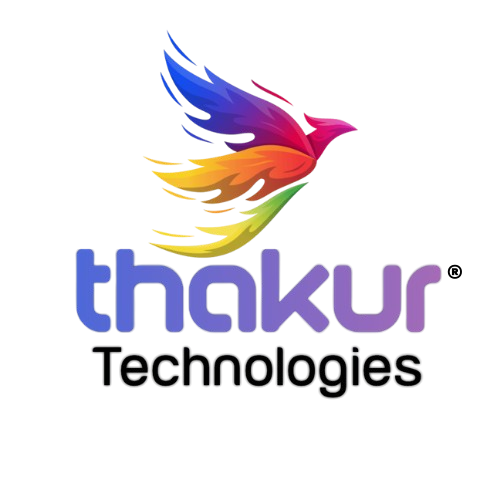Reclaiming Your Focus: A Guide to Digital Minimalism and Peak Productivity

Picture this: You sit down at your desk, fresh cup of coffee in hand, ready to finally tackle your most important project of the week. You’ve blocked out the time, your workspace is clean, and your intentions are pure. You open your laptop, but before your word processor or design software can even load, a Slack notification pops up in the corner of your screen. You click it. It’s a minor question from a colleague, but answering it requires a quick check of your email. While in your inbox, you notice a newsletter you subscribe to featuring a catchy headline. You open it, click a link, and end up reading an interesting but entirely irrelevant article. Suddenly, your phone buzzes a WhatsApp message from a friend sharing a meme. You reply with a laughing emoji, and then, driven by pure, unadulterated muscle memory, your thumb swipes over to open Instagram or LinkedIn. You scroll. You like. You watch a 30-second video. You look up at the clock. Forty-five minutes have passed. Your cof...


